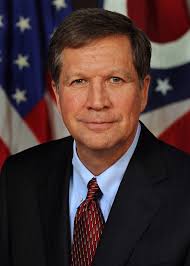记忆方法
记忆“governor”这个单词,可以将它分解为“gov”和“ernor”。想象一个“ governor”就像是政府(gov)的“主人”(ernor),即在政府中拥有主导权或管理职责的人。这种方法将“gov”联想到政府,而“ernor”则强调其主宰地位,从而帮助记忆。
以上内容由AI生成, 仅供参考和借鉴
英语词源
- governor (n.)
- c. 1300, gouernour, "personal keeper, protector, guide;" late 14c., "one who governs, a ruler," from Old French governeor "prince, ruler, administrator; helmsman" (11c., Modern French gouverneur) and directly from Latin gubernatorem (nominative gubernator) "director, ruler, governor," originally "steersman, pilot" (see govern). Meaning "subordinate ruler; head of a province, etc." is from late 14c. Meaning "one charged with direction or control of an institution, etc." is from late 14c. Mechanical sense of "self-acting regulator" is from 1819. The adjective gubernatorial remembers the Latin form. There is a record of English governator from 1520s.
权威例句
- 1. Duke was soundly defeated in this month's Louisiana governor's race.
- 杜克在本月的路易斯安那州长竞选中大败而归。
- 2. He is a candidate for the office of Governor.
- 他是州长候选人之一。
- 3. He was widely respected as a wise and statesmanlike governor.
- 他作为一位睿智、具备政治家才干的州长而广受尊崇。
- 4. The man immediately responsible for this misery is the province's governor.
- 对这种不幸境况负有直接责任的人是该省的省长。
- 5. They must choose between two evenly matched candidates for governor.
- 他们必须在两位不相上下的州长候选人之间作出选择。
